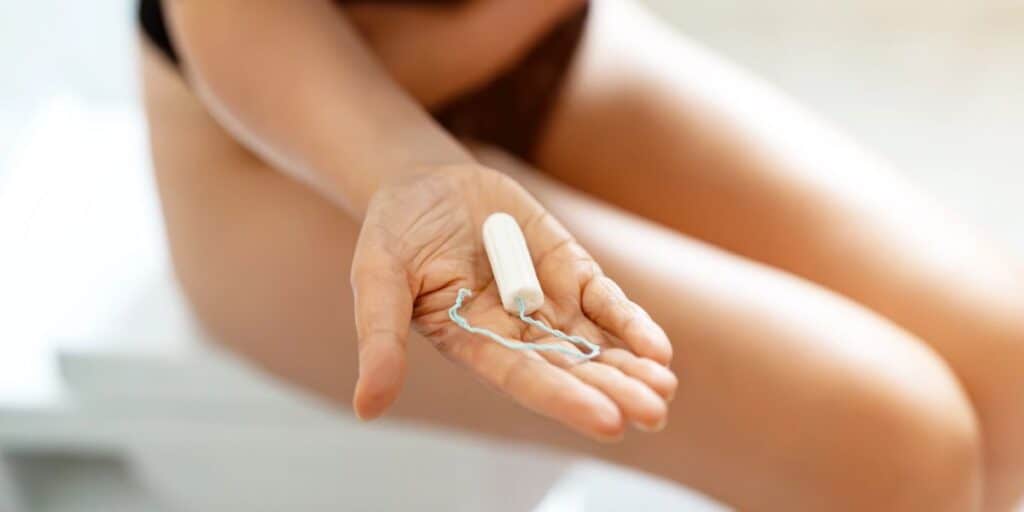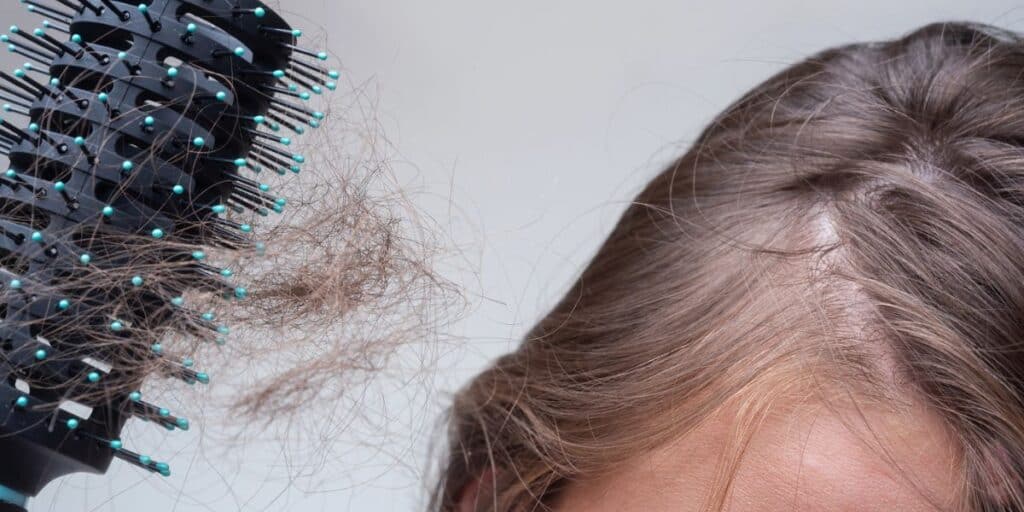What is low sex drive in women?
It’s common for a woman’s sex drive to change as she ages. Significant lifestyle changes such as pregnancy or menopause, health conditions, and relationship status are just a few possible causes of changing sexual interest. While highs and lows are normal, a continued lower sex drive that affects well-being and causes unwanted side effects like personal distress or relationship issues is a reason to reach out to a healthcare professional like Dr. Alibadi.
Causes of low libido in women
Sexual dysfunction in women is defined as conditions surrounding desire, arousal, pain with intercourse, or orgasm that cause personal distress. Many factors can influence libido; common causes of sexual dysfunction in females include:
- Physical health. Including chronic medical conditions and illnesses.
- Medications. Such as birth control, antidepressants (SSRIs), and blood pressure medications.
- Mental well-being. Including life stressors, body image, depression, and low self-esteem.
- Hormonal changes. Such as those common with pregnancy, breastfeeding, and menopause, or low testosterone levels.
- Social factors. Including personal or religious beliefs, socialization, and life experiences.
Although many women continue to have and enjoy sexual intercourse throughout their lives, others find that sex with low libido feels like a chore. While many women and their partners can still enjoy a sense of intimacy without sexual intercourse, other couples struggle to cope with these changes.
Some common conflicts that my patients experience that can lead to low desire in women are:
- Lack of intimate connection with their partner
- Conflict over sexual needs
- Reluctance to discuss the decrease in sexual activity with your partner may strain your relationship.
What is hypoactive sexual desire disorder?
Hypoactive sexual desire disorder (HSDD), also referred to as hyposexuality or inhibited sexual desire, is a type of sexual dysfunction characterized by a lack of desire for sexual activity and a lack of sexual fantasies that causes significant personal distress and/or interpersonal issues. It is a recognized condition in the Diagnostic and Statistical Manual of Mental Disorders (DSM) and one of the most common sexual problems. HSDD affects around 10% of all women.
The good news is that it is treatable. Flibanserin (Addyi) is the first medication approved by the U.S. Food and Drug Administration (FDA) for the treatment of low sex drive in women and can be prescribed by an OB/GYN.
The first step to regaining your levels of sexual desire is reaching out to your healthcare provider.

Talking to your gynecologist about intimacy issues
Many women aren’t likely todiscuss low libido unless they’re directly asked. But know that when you come to visit Dr. Aliabadi, she cares about your mental health and sexual health as much as your physical health. It may feel awkward and uncomfortable to talk to your gynecologist about your sex life. Still, these types of concerns, such as sexual satisfaction or emotional connections, are perfectly appropriate, and she hopes to help in any way that she can.
Please remember that we aren’t here to judge you, and all interactions between patients and doctors are strictly confidential.
What to ask your gynecologist about female sexual dysfunction
Here are a few common questions that my patients have found helpful to ask about decreased libido in women:
- What treatment options are available to help with my low sexual desire?
- Can you recommend any books for people in my situation with sexual problems?
- Will my sexual desire ever return to the level it once was?
- Can I make any changes to my daily routine that would improve my lack of sex drive?
Prepare for Dr. Aliabadi to ask questions about your sexual response, sex life, and the loss of libido. She may ask about troubles with arousal or orgasm, vaginal dryness, painful sex, and feelings about your changing sex life.
Hormone therapy as a treatment for low sex drive in women
For women with a low sex drive as a result of menopause, hormone replacement therapy may help ease the transition. When menopause lowers the estrogen level in the body, hormone replacement therapy works by reintroducing estrogen through a pill, cream, patch, or spray that adjusts your hormone levels. Hormone therapy can improve mood and help return a woman’s sexual desire and sexual function to normal levels.
However, there are downsides to systemic estrogen replacement therapy, especially if you have certain types of breast or endometrial cancers, which are known to respond to estrogen levels. In these cases, your doctor may advise smaller doses of estrogen delivered directly to the vagina via vaginal creams, tablets, or rings. These can stimulate blood flow to the genitals and aid the vagina in producing natural lubricants, which can help make sex more enjoyable and comfortable.
Have questions about your sexual health? Talk to Dr. Aliabadi
If you are experiencing a decreased desire for intimacy with the onset of perimenopause or menopause, reach out to our office. Dr. Aliabadi and her compassionate team are experts in women’s health care. When you’re treated by Dr. Aliabadi, you’re guaranteed to feel safe, heard, and well cared for.
We invite you to establish care with Dr. Aliabadi. Please make an appointment online or call us at (844) 863-6700.
The practice of Dr. Thais Aliabadi and the Outpatient Hysterectomy Center is conveniently located for patients throughout Southern California and the Los Angeles area. We are near Beverly Hills, West Hollywood, Santa Monica, West Los Angeles, Culver City, Hollywood, Venice, Marina del Rey, Malibu, Manhattan Beach, and Downtown Los Angeles.
Female sexual dysfunction often includes one of the following characteristics: sexual pain, low desire, low arousal, or orgasmic dysfunction.
Low sex drive during pregnancy can be common. As a woman’s body goes through hormonal and physical changes, her sexual desire may decrease, especially in the third trimester.
Contraception can play a role in libido due to its effect on hormones. However, the effect is mixed with reports of it increasing sexual desire, decreasing sexual desire, or having no effect at all.
Some common conflicts that my patients experience that can lead to low desire in women are:
- Reluctance to discuss the decrease in sexual activity with your partner may strain your relationship.
- Lack of intimate connection with their partner
- Conflict over sexual needs
- Reluctance to discuss the decrease in sexual activity with your partner may strain your relationship.
Sources
A practical guide to female sexual dysfunction: An evidence-based review for physicians in Canada. Krakowsky Y, Grober ED. Can Urol Assoc J. 2018 Jun.
https://www.acog.org/clinical/clinical-guidance/practice-bulletin/articles/2019/07/female-sexual-dysfunction
Treatment of Hypoactive Sexual Desire Disorder Among Women: General Considerations and Pharmacological Options. Focus (Am Psychiatr Publ). Pachano Pesantez GS, Clayton AH. 2021 Jan.
https://www.medicalnewstoday.com/articles/viagra-for-women


















